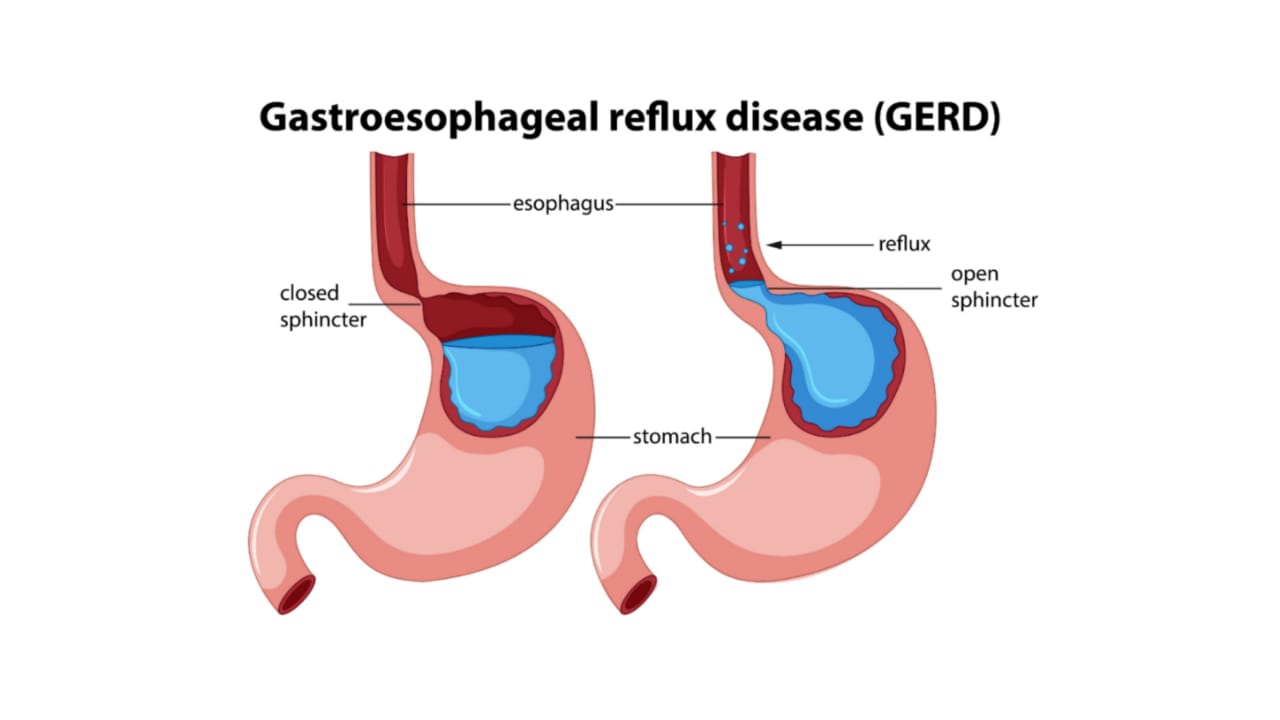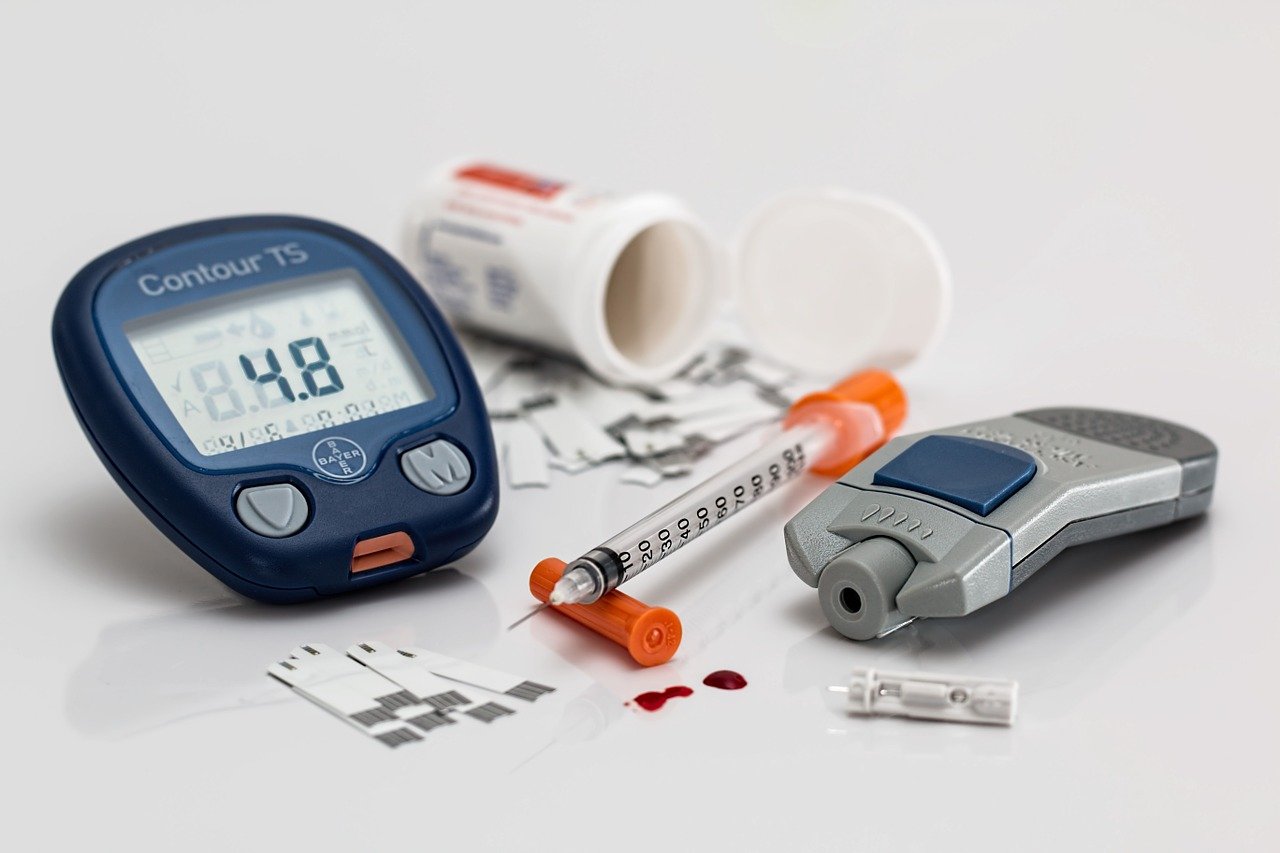To know about peptic ulcers, first, we need to know what is an ulcer.
What is an Ulcer?
The ulcer is an open sore or wound characterized by pain, redness, irritation, and inflammation on the lining of the skin.
An ulcer can appear anywhere on the body, whether it is in the lining of the stomach or can be on the outer surface of the skin.
What is Peptic Ulcer
A peptic ulcer is a condition in which a sore or wound develops in the lining of the stomach, intestine, or esophagus.
Peptic ulcers are generally caused by the imbalance between the aggressive and defensive mechanism of the Gastrointestinal tract.
| Aggressive factors | Defensive factors |
|---|---|
| Hydrochloric acid (HCL) | Gastric Mucosa |
| Pepsin | Bicarbonate |
| Bile | Prostaglandins (PGs) |
The stomach secretes Hydrochloric acid (HCL) to break the food in the stomach. it shows an aggressive nature towards food, which is good for the body. On the other hand, the body produces a protective lining on the stomach called Gastric Mucosa, which prevents the lining of the stomach from Hydrochloric acid (HCL) and other aggressive factors.
Peptic ulcer may appear if:
- The stomach produces more Hydrochloric acid(HCL) than normal. Because an increase in the stomach acid may harm the preventive gastric mucosa and cause a sore on the lining of the stomach.
- If the stomach fails to produce the preventive gastric mucosa or the stomach does not have a strong mucosa to protect the lining of the stomach from aggressive factors.
Types of Peptic Ulcer
Peptic ulcers are generally of three types
- Gastric Ulcer: It generally develops in the stomach
- Esophageal Ulcer: It develops in the esophagus(Food Pipe)
- Duodenal Ulcer: It develops in the first part of the small intestine (Duodenum).
Causes of Peptic Ulcer
H. Pylori (Helicobacter Pylori) Bacteria
H. Pylori Is a type of bacteria that causes infection in the stomach and causes a sore/wound in the stomach. A peptic ulcer caused by H. Pylori bacteria is generally treated by Antibiotics and by medicines that decrease stomach acid production.
NSAID(Non-Steroidal Anti-Inflammatory Drugs)
NSAIDs (Aspirin, Ibuprofen, Naproxen) are generally responsible for the formation of peptic ulcers.
The chances of developing Peptic Ulcer with the Non-Selective COX inhibitor type of NSAID are more. These drugs block COX-1 & COX-2 enzyme activity to exert their action. COX-1 enzymes are generally responsible for the formation of Gastric Mucosa in the stomach.
Blocking the action of the COX-1 enzyme results in blocking the formation of Gastric Mucosa in the stomach and increase the chances to harm the lining of the stomach by stomach acid.
Smoking
Smoking can cause Peptic ulcer by:
- Interfering with the protective Gastric Mucosa.
- Reducing the Bicarbonate secretion from Pancreas.
- Increases the stomach acid formation.
Alcohol
Excess alcohol consumption may increase stomach acid formation, which is the main reason to cause an Ulcer.
If you already have a Peptic Ulcer, then alcohol may worsen the condition and may prolong the time to heal that ulcer.
Note: Avoid drinking alcohol, if you are suffering from Peptic Ulcer.
Symptoms
Now the question is that how can we know that we have a peptic ulcer. Here are some symptoms that can be noticed when someone has Peptic Ulcer.
- Bloating
- Heartburn
- Indigestion
- Nausea
- Vomiting
- Feeling Full
- Loss of Appetite
- Upper Abdominal Pain
Diagnose
In most patients, It may be diagnosed by the symptoms such as Heartburn, Indigestion, Upper abdominal pain, Nausea, Vomiting, or frequently use of NSAID(Aspirin, Ibuprofen, Naproxen)
Doctors may ask you to do a blood test to check if it is due to H. Pylori Bacteria. In the case of H. Pylori Bacteria, Antibiotics are generally used along with the PPIs(Proton Pump Inhibitors)
Doctors may also do an endoscopy to diagnose Peptic ulcers.
Treatments
The treatment of a Peptic Ulcer is depended on the cause of that Ulcer.
There are a variety of medications that acts differently to treat the Peptic Ulcer. Medicine used for peptic ulcer are:
Antibiotics
If the Ulcer is Caused by H. Pylori Bacteria. It will probably be treated with the Antibiotics such as (Amoxycillin, Clarithromycin, Metronidazole, Levofloxacin) along with medicines that reduce stomach acid formation such as PPIs(Proton Pump Inhibitors).
Proton Pump Inhibitors
Your Doctor may prescribe PPIs(Proton Pump Inhibitors) Such as Omeprazole, Rabeprazole, Pantoprazole, Lansoprazole, Esomeprazole. PPIs generally work by blocking the formation of stomach acid and helps the ulcer heal naturally. PPIs are also prescribed along with NSAID(Non-Steroidal Anti-Inflammatory Drug) to prevent NSAID inducing Peptic Ulcer.
H2 Histamine Blockers
The doctor may prescribe H2 Histamine blockers such as Ranitidine, Cimetidine, Famotidine to treat Peptic Ulcer. These drugs usually work by reducing the formation of stomach acid. Reducing stomach acid may help the ulcer heal naturally.
Antacids
Your doctor may also prescribe antacids such as sodium bicarbonate, magaldrate, calcium carbonate to treat Peptic Ulcer. Antacid usually works by neutralizing the stomach acid by increasing the PH of the acid. It gives rapid relief from the symptoms like heartburn and indigestion. But they have a lesser duration of action as compared to PPIs and H2 Blockers.
Mucosal Protectives
Mucosal Protectives such as Sucralfate can also be used in the treatment of Peptic ulcer. It works as a protective barrier at the surface of the ulcer and protects the ulcer from acid, bile, and pepsin for further damage.
| Class | Example | Mechanism |
|---|---|---|
| Antibiotics | Amoxicillin, Clarithromycin, Metronidazole | Antibiotic (Kills H. Pylori Bacteria) |
| Proton Pump inhibitors | Omeprazole, Rabeprazole, Pantoprazole | Blocks the stomach acid formation |
| H2 Blockers | Famotidine, Ranitidine, Cimetidine | Reduces the stomach acid formation |
| Antacids | Sodium Bicarbonate, Magaldrate | Neutralize the stomach acid |
| Mucosal Protectives | Sucralfate | Acts as Protective barriers at the surface of the ulcer |
Precautions
You should avoid using Pain reliever medicines(NSAIDs) such as aspirin, Ibuprofen, and Naproxen.
Try to avoid spicy foods. Because spicy foods may cause an increase in stomach acid formation and may worsen the condition.
Avoid doing smoking or the consumption of alcohol.
You should try to manage stress. Stress can make the condition of Peptic Ulcers worse.
Summary
A Peptic Ulcer is an open sore or wound that develops in the stomach, intestine, or esophagus. It can be caused by H. Pylori Bacteria, Frequently Use of Pain Reliever medicines(NSAIDs), Smoking, and excess consumption of alcohol.
The peptic ulcer is usually diagnosed by Its symptoms like heartburn, indigestion, black stool, Nausea, Upper abdominal pain, vomiting, and loss of appetite.
The treatment of Peptic ulcer usually depends on the cause of that ulcer. It is generally treated with medicines like antibiotics, proton pump inhibitors, h2 blockers, antacids, and mucosal protectives.
In severe conditions, surgery or operation can also be done to treat Peptic ulcers.
Disclaimer: The information contained in pharmbaba.com is presented for the purpose of educating consumers. Nothing contained in pharmbaba.com is intended to be instructional for medical diagnosis or treatment. The information should not be considered complete, nor should it be relied on to suggest a course of treatment for a particular individual. Information obtained in pharmbaba.com is not exhaustive and does not cover all diseases, ailments, physical conditions, or their treatment.



